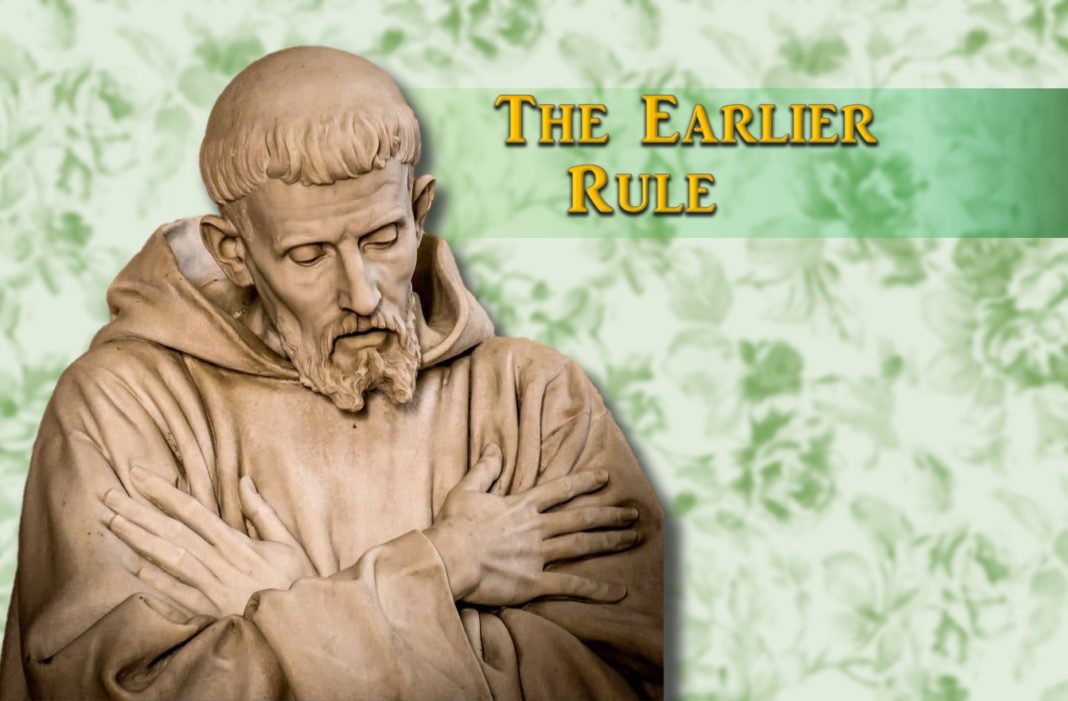In the previous reflection we talked about the term “minor” and we also emphasized that “being minor” is one of the two pillars of Franciscan spirituality. The other pillar, the other “leg” that allows us to walk as Franciscans, is “fraternity.” In short, we have said that we cannot “be minor” without being brothers, and we cannot be brothers without “being minor.”
Leaving aside any romanticism or idealism, we know that fraternity is not an easy undertaking. St. Francis knew this very well. It is no coincidence that the word “brother” appears 107 times in this document. The Poverello of Assisi knew that we cannot have a healthy relationship with God if we do not first experience “loving our brother as ourselves”.
We might think that the Acts of the Apostles was the model of fraternity that St. Francis followed but this is not the case. His model of fraternity has always been Christ, the Son of God who made himself the brother of all, especially the least of us (kenosis). Therefore, for Francis, fraternity would not be possible without the “Minorite” spirit—which is the same to the kenotic one.
Today, the Earlier Rule asks: how am I managing my relationship with myself? Because if I don’t love myself, how can I love my brothers? How am I living fraternity within my specific setting? Am I a brother who gives or takes away? How am I dealing with my weaknesses and those of my brothers?
Along this same line, in chapter V of the Earlier Rule, Francis asks us today more than ever: how should friars and their Superiors behave when dealing with the errors of other friars? How should the friar who errs behave? The Saint of Assisi replies:
Let all the brothers, both the ministers and servants as well as the others, be careful not to be disturbed or angered at another’s sin or evil because the devil wishes to destroy many because of another’s fault. But let them spiritually help the one who has sinned as best they can, because those who are well do not need a physician, but the sick do[1] (cf. Mt 9:12 and Mk 2:17).
“Let all the brothers…be careful not to be disturbed or angered at another’s sin…But let them spiritually help the one who has sinned as best they can.” If the Father of the Minors put these words in a Rule, it meant that when the friars were dealing with the sin, error, and weaknesses of others, they were not behaving like brothers. And today? After 800 years on the journey, how much have we grown in our fraternal relationships? Do we help our brothers spiritually? Do we promote their gifts and their skills? Or do envy, jealousy or a sense of “justice without mercy” lead us to act like Cain, Herod or Judas?
Friar Elio J. ROJAS
[1] Earlier Rule V, 7-8; FF 18.



















